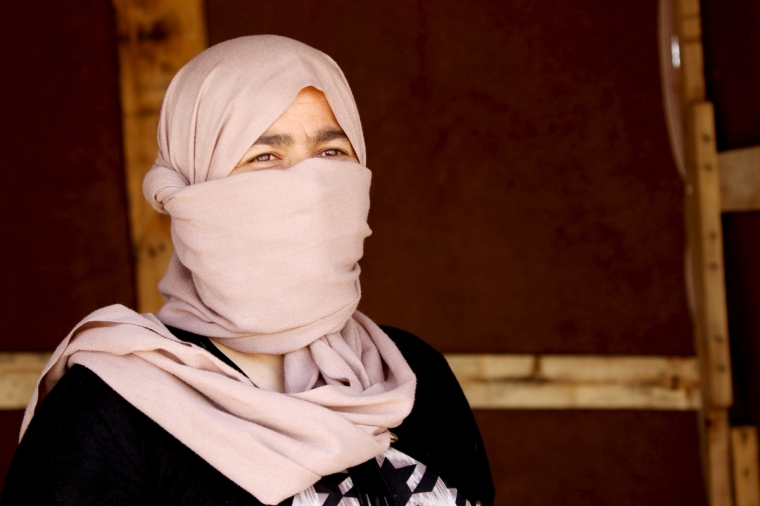Report confirming ISIS genocide of Yazidis and war crimes against Christians in Iraq asks for investigation by international court

WASHINGTON, D.C. (Christian Examiner) – The United States Holocaust Memorial Museum (USHMM) released on Nov. 12 a report called "Bearing Witness" about the genocide of Yazidis and other atrocities committed by ISIS against Christians and other ethnic minorities between June and August 2014.
During a fact-finding trip in September, the Simon-Skjodt Center for the Prevention of Genocide took researchers into refugee camps in September to hear the stories of the Yazidis, a people group of about half a million people, almost all of whom have been displaced by ISIS.
"I thought the world was more developed than this," said Xian, a Yezidi woman, as quoted in the 30-page report. "I saw so many children die on Mount Sinjar, I hope no one has to ever see that again."
Yazidis live primarily in the Ninewa province of Iraq and Iraqi Kurdistan, the report said. Their religion, which is distinct from Christianity or Islam, is an ongoing source of persecution at the hands of ISIS, who consider Yazidis to be devil-worshipers.
LIVING IN FEAR
The report said the displaced people "we spoke with are unable to return home because their land is still held by IS, or because they are too scared to return to liberated areas in the absence of the provision of protection that they deem credible."
Until now, I am still not convinced that I escaped.
Naomi Kikoler, a human-rights lawyer and Deputy Director of the Simon-Skjodt Center for the Prevention of Genocide, was among the Bearing Witness party and interviewed many displaced people.
The USHMM YouTube channel aired numerous short clips of these testimonies and video footage of the refugee sites. One man who was separated from his village simply wants any news of someone he knows. A woman said her son, daughter-in-law, and 7-month-old grandson were driven away in the car of ISIS militants. She has no idea where they are.
The people expressed fear about their futures, not knowing whether they would stay in Iraq or where they could go.
"When you look at what happened in Iraq," Kikoler said in a video, "you can see that there were early warning signs that were missed. There was over a decade of attack on minority communities by religious extremists simply because of their identity."
Kikoler said ISIS became a threat "despite the early warning signs." She blames local and international governments for failing to commit the resources to identify the communities at risk.
"The prevention of mass atrocities have not been a priority either for the Iraqi government or for the international community more broadly," she said.
GENOCIDE OF YAZIDIS, WAR CRIMES AGAINST CHRISTIANS
General key findings from the report conclude ISIS has committed crimes against humanity and war crimes, as well as genocide against the Yazidi population.
The report stated, "Based upon the public record and private eyewitness accounts, we believe the self-proclaimed Islamic State (IS) perpetrated crimes against humanity, war crimes, and ethnic cleansing against Christian, Yezidi, Turkmen, Shabak, Sabaean-Mandaean, and Kaka'i people in Ninewa province between June and August 2014."
The report included recommendations for the protection of civilians in the ongoing war against ISIS and a plan to improve accountability by calling for an international criminal court to investigate the genocide.
"In our interviews, we heard accounts of the forcible transfer of populations, severe deprivation of physical liberty, rape, sexual slavery, enslavement, and murder perpetrated in a widespread and systematic manner that indicates a deliberate plan to target religious and ethnic minorities," the report said, adding that the Yezidi community appeared to be specifically targeted.
The report makes a point of mentioning the people's fear and uncertainty, as well as their worry for friends and family who are missing and may be dead.
"Almost everyone we interviewed [in Ninewa] said that they were terrified of IS's advance because they were scared that IS would perpetrate similar atrocities to those it committed in Syria," the report said.
"Until now, I am still not convinced that I escaped," said Cihan, a 21-year-old Yezidi woman.